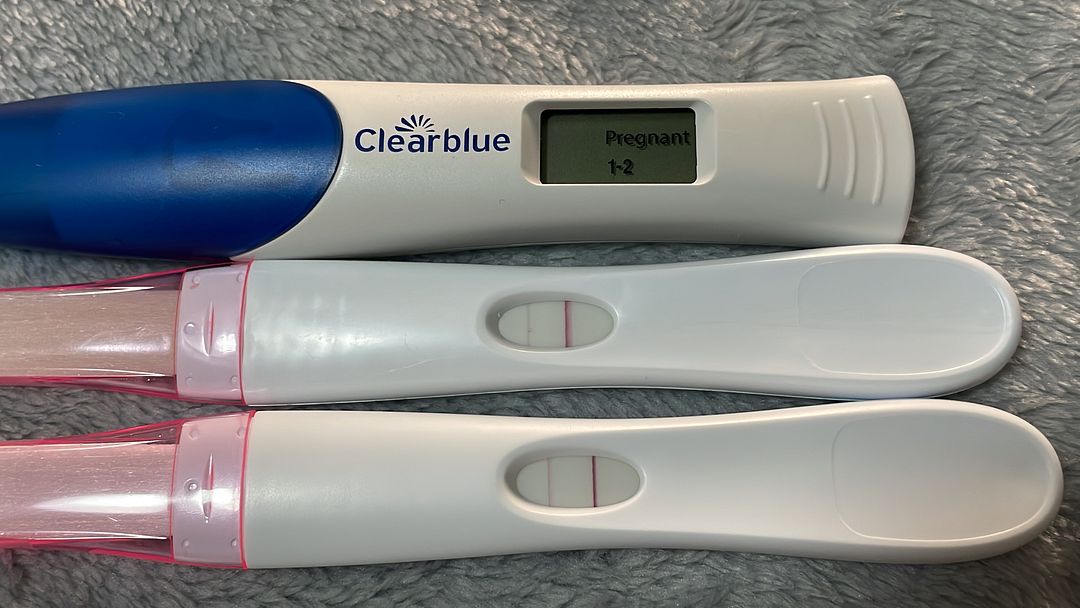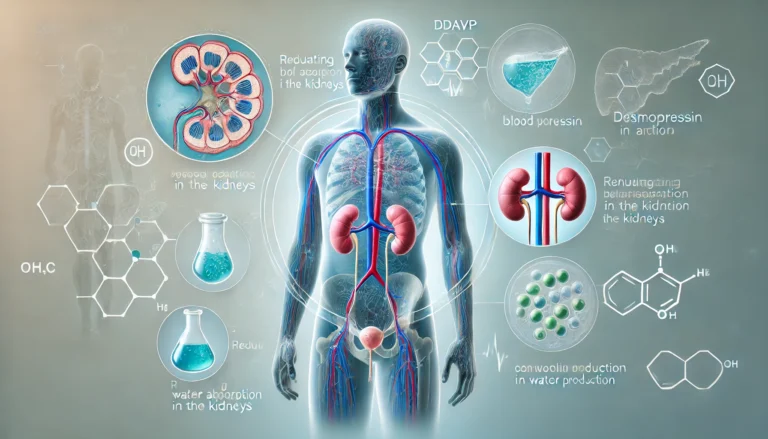When a couple decides to start a family, one of the most exciting and nerve-wracking moments is waiting to see if pregnancy has occurred. While home pregnancy tests can give results fairly quickly, many people wonder, how soon can pregnancy be detected in a blood test? Understanding this can help couples plan and prepare for the next steps in their journey. In this article, we will explore blood tests for pregnancy, how they work, and when they can detect pregnancy. So, let’s dive in!
What is a Blood Test for Pregnancy?
A blood test for pregnancy is a medical procedure that checks for a hormone called human chorionic gonadotropin (hCG) in the bloodstream. This hormone is produced shortly after a fertilized egg attaches to the wall of the uterus. There are two types of blood tests that can be used to detect pregnancy:
- Qualitative hCG Test: This test simply checks if hCG is present in the blood. It gives a yes or no answer to the question, “Am I pregnant?”
- Quantitative hCG Test: This test measures the exact amount of hCG in the blood. This can help determine how far along the pregnancy is or identify potential problems.
Blood tests are often performed in a doctor’s office or clinic, making them a reliable option for pregnancy detection.
How Does a Blood Test Work?
When a woman becomes pregnant, her body starts producing hCG. This hormone is essential for the maintenance of pregnancy. To perform a blood test, a healthcare provider will draw a small sample of blood, usually from a vein in the arm. The sample is then sent to a laboratory for analysis.
The laboratory tests the blood for hCG levels. If the hormone is detected, it means that the woman is pregnant. The results can usually be available within a few hours to a few days, depending on the facility.
When Can a Blood Test Detect Pregnancy?
So, how soon can pregnancy be detected in a blood test? A blood test can typically detect pregnancy as early as 6 to 8 days after conception. This is earlier than most home urine tests, which usually require at least a week after a missed period to give accurate results.
For many women, this means that they could find out if they are pregnant just a few days after a missed period. However, the exact timing can vary based on several factors, including when the woman ovulated and when the fertilized egg implants itself in the uterus.
Factors Influencing Detection Time
Several factors can influence how soon a blood test can detect pregnancy. These include:
- Timing of Ovulation: If a woman ovulates later than expected, it may take longer for the fertilized egg to implant and for hCG levels to rise.
- Implantation Timing: After fertilization, the egg must travel to the uterus and implant into the uterine lining. This process usually takes about 6 to 10 days. Only after implantation does the body start producing hCG.
- Individual Variations: Every woman’s body is different. Some may produce hCG at different rates, which can affect how quickly a blood test can detect pregnancy.
Why Choose a Blood Test Over a Home Test?
Many people may wonder why they should choose a blood test instead of a home pregnancy test. While home tests are convenient and easy to use, blood tests have some advantages:
- Early Detection: As mentioned earlier, blood tests can detect pregnancy earlier than most home tests. This can be important for women who want to start prenatal care as soon as possible.
- Accuracy: Blood tests are more sensitive than urine tests, providing more reliable results.
- Medical Guidance: When a blood test is performed at a doctor’s office, it allows for medical advice and guidance right away. If the result is positive, the doctor can discuss the next steps in prenatal care.
- Quantitative Results: The quantitative blood test can provide valuable information about the progression of the pregnancy, which can help identify any potential issues early on.
What Happens After a Positive Blood Test?
If a woman receives a positive result from a blood test, it’s essential to schedule an appointment with a healthcare provider. The provider may recommend further tests and examinations to confirm the pregnancy and assess the woman’s health. For more related information, visit Healthline Media.
Some common next steps may include:
- Ultrasound: An ultrasound can help visualize the pregnancy and determine how far along the woman is. It can also help check for multiple pregnancies (like twins) or any potential complications.
- Blood Tests: Additional blood tests may be conducted to monitor hCG levels and ensure they are rising appropriately.
- Prenatal Care: It’s crucial for a pregnant woman to begin prenatal care as soon as possible. This involves regular check-ups and screenings to monitor the health of both the mother and the baby.
What If the Test is Negative?
If the blood test comes back negative, it doesn’t necessarily mean that a woman isn’t pregnant. There are several reasons why a blood test might not detect pregnancy even if conception has occurred:
- Testing Too Early: If the test is taken before hCG levels have risen sufficiently, it may not detect the pregnancy.
- Ectopic Pregnancy: In some cases, a fertilized egg may implant outside the uterus. This can lead to lower hCG levels, making it harder to detect pregnancy.
- Chemical Pregnancy: This is when a fertilized egg does not implant properly or fails early in the pregnancy. This can cause a brief increase in hCG levels, which may not be detected later.
If there are ongoing signs of pregnancy, such as missed periods or other symptoms, it may be worth repeating the test after a few days or consulting a healthcare provider for further advice.
Conclusion
Knowing how soon pregnancy can be detected in a blood test can provide valuable information for women and couples trying to conceive. Blood tests are a reliable and early way to confirm pregnancy, allowing for timely medical care and guidance. If you think you might be pregnant or are planning to start a family, speaking with a healthcare provider about testing options is always a good idea.
Final Thoughts
Waiting to find out if you’re pregnant can be a roller coaster of emotions. Whether it’s excitement, anxiety, or hope, it’s important to know that you’re not alone. Many women experience similar feelings. And remember, regardless of the results, support and care are available to help you through this journey.













